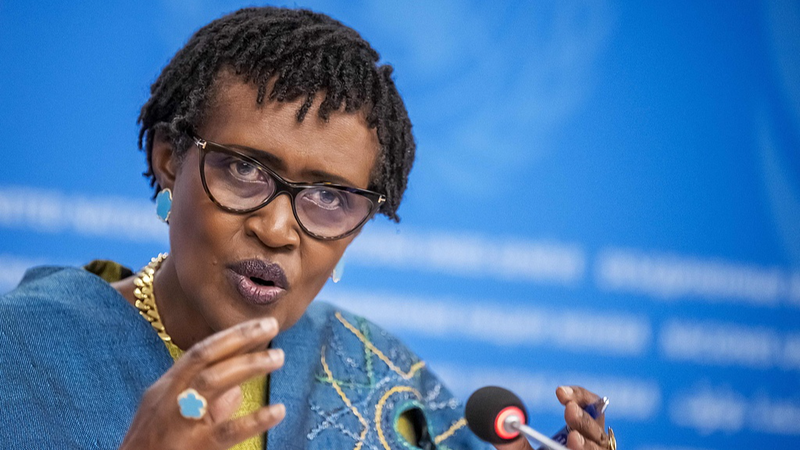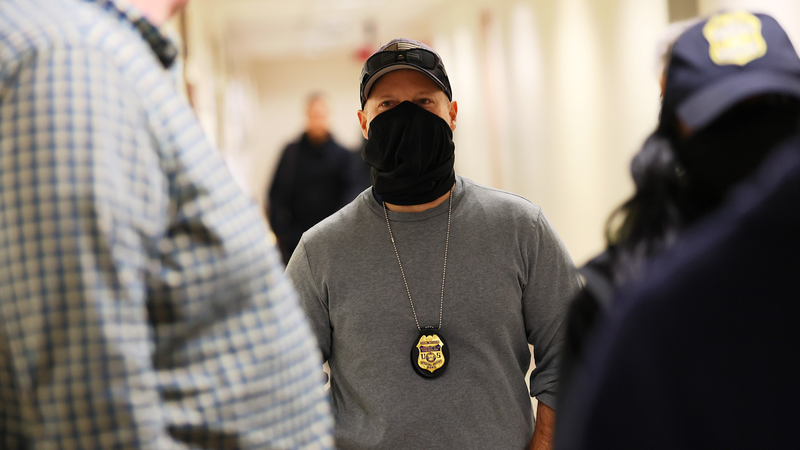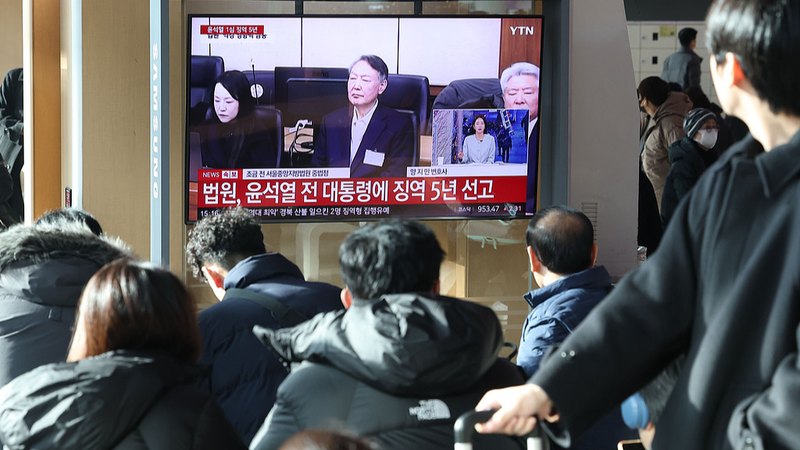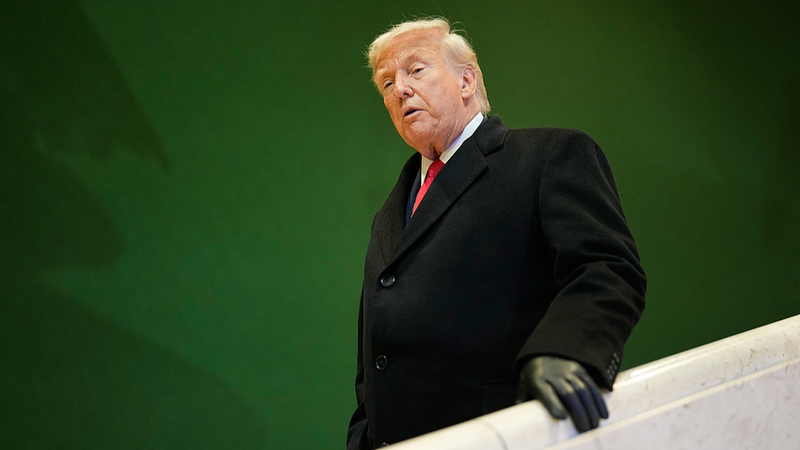Hey everyone! The latest UNAIDS report dropped this Tuesday, and it's sounding the alarm bells on our global HIV response 🔔. Titled "Overcoming Disruption, Transforming the AIDS Response," it reveals the biggest setback in decades and urges us to rally together — with solidarity, resilience, investment, and innovation — to crush the AIDS epidemic.
The big issue? Major funding cuts. In 2025, international aid for HIV prevention has plunged by 30-40% compared to 2023, according to the OECD (a group of wealthy nations that tracks global aid), disrupting health services worldwide. This isn't just a number on paper — in South and Southeast Asia, from Mumbai to Manila, local clinics and youth groups are feeling the pinch.
Here’s what’s at stake:
- Less prevention medicine 🩹: Millions miss out on life-saving drugs.
- Fewer male circumcisions ✂️: A proven prevention method is scaling back.
- Young women left exposed 🚺: Programs offering prevention, mental health, and gender-based violence support have been dismantled, upping the risk for adolescent girls and young women.
If we don’t meet the 2030 targets in the next Global AIDS Strategy, we could see an extra 3.3 million new HIV infections between 2025 and 2030. Right now, about 40.8 million people are living with HIV, 1.3 million new infections happened in 2024, and 9.2 million still lack access to treatment.
With World AIDS Day on December 1, 2025, just around the corner, UNAIDS is calling on leaders worldwide to recommit to multilateralism and shared effort — keeping the funds flowing, investing in new solutions, protecting human rights, and empowering communities.
"This is our moment to choose," says Winnie Byanyima, executive director of UNAIDS. "We can let these shocks undo decades of progress, or we can unite behind the vision of ending AIDS. Millions of lives depend on the choices we make today."
Let's spread the word, stay informed, and keep the momentum going! 🌏❤️
Reference(s):
cgtn.com




